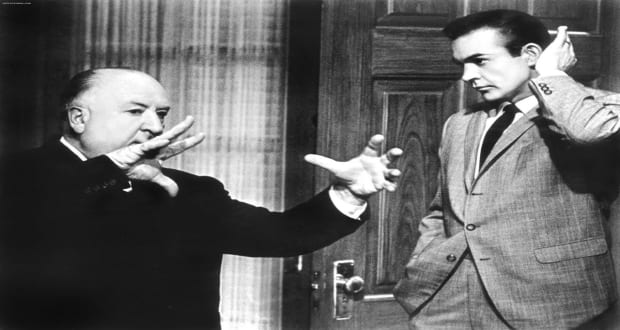What initially sounded like a somewhat gormless idea — blacking out websites to draw users’ attention to the Stop Online Piracy and Protect IP acts before US Congress — has turned out to be dramatic intervention in the battle against SOPA and PIPA.
In particular, Wikipedia blacking out (easily circumvented by turning off javascript, but that’s beyond a lot of users) appears to have acted as a mass distribution mechanism for information on the draconian bills. Plainly it’s not just journalists who rely on the crowd-sourced banalities of Wikipedia; tens of thousands of people took to Twitter to alternately complain, bitch and cheer the removal of what is evidently a key resource for most of the Anglophone world’s students.
Timing is everything, however: the blackout coincided with a tipping point against the bills, with the DNS provisions crashing and burning, the Obama administration rejecting the bill and even Congressional supporters sniffing the wind and backing away from them. Doubtless they’ll try again — they receive too much in the way of bribes donations from movie and music companies not too — but SOPA has suffered a remarkable turnaround in fortunes over the holiday break.
This has plainly made the copyright industry deeply unhappy. And the unhappiness has rippled all the way to Australia, with Dan Rosen, of one of the local branches of the copyright industry, ARIA, writing for The Australian today to attack piracy. Rosen was clever enough not to outright back SOPA, but he backed Rupert Murdoch’s bizarre, straight-out-wrong attack on Google last week, and lamented Google’s lax attitude to intellectual property rights
and the need for a properly functioning market
for content rather than chaos — via redwolf.newsvine.com















 RSS – Posts
RSS – Posts